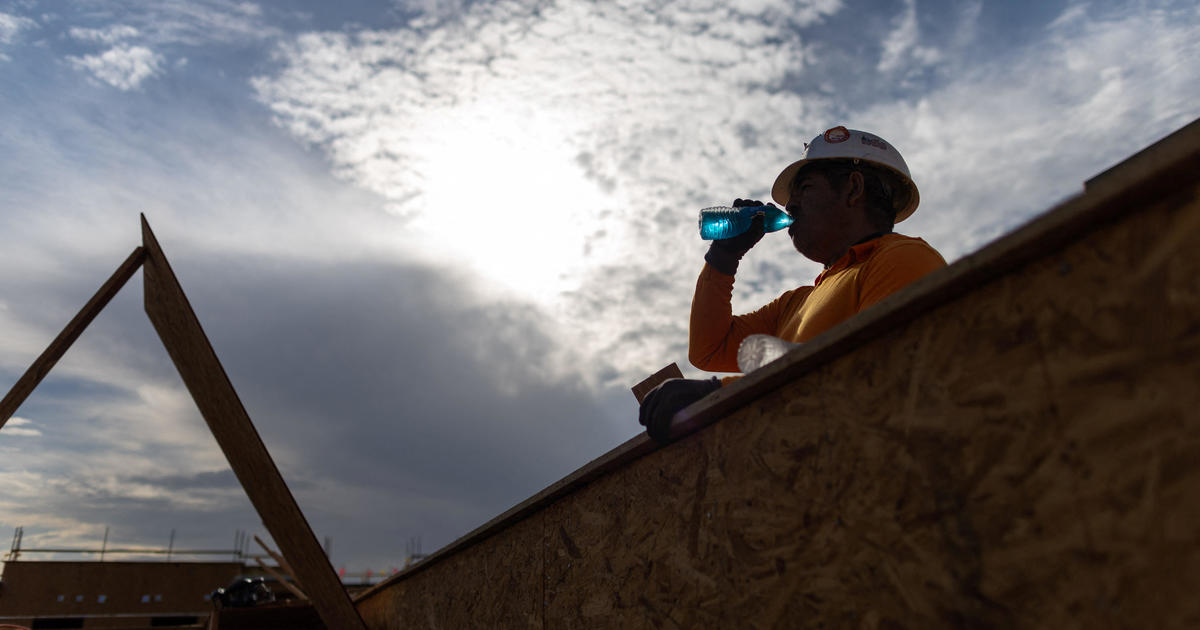A "swarm" of over 20,000 earthquakes has rocked Iceland in the past 10 days — and it could spark a volcanic eruption
Southwest Iceland is currently experiencing a "swarm" of seismic activity, with more than 20,000 earthquakes recorded since February 24, according to the the Icelandic Meteorological Office. The office said magma movements are likely the cause of the current surge on the Reykjanes Peninsula, raising fears of a volcanic eruption.
There have been more than 3,100 earthquakes on the peninsula in the past 48 hours alone, according to the office. At least 63 of them had a magnitude of 3 or higher. A magnitude 3 earthquake can be felt, but rarely causes damage; as the number increases, the earthquakes become more dangerous.
Similar bursts of seismic activity in the country have previously caused volcanic eruptions, the office said.
The aviation color code for the Reykjanes Peninsula is at an orange level, meaning there is "heightened unrest" and that there is an "increased likelihood of eruption," according to the office.
The government of Iceland said on its website Thursday that there was a volcanic tremor pulse near Mt. Keilir, which is located on the peninsula, on Wednesday.
While the government originally said that this "could lead to an imminent volcanic eruption," the Scientific Council for Civil Protection said on Friday that data from the past 24 hours "do not give any indication that magma is moving closer to the surface."
"During this period, there is not a high probability of an eruption," the council said, while noting that "the situation can change rapidly."
If an eruption does occur, data shows that it will likely be in the area between Fagradalsfjall and Keilir.
The government said on its website that if there is an eruption, it's expected to be a "relatively" small fissure eruption lasting up to a few weeks. These types of eruptions, the government said, entail a "slow flow" of lava rather than large explosions or significant ash.
The government has said there is "very low" risk to populated areas and critical infrastructure, and Prime Minister Katrín Jakobsdóttir said the country is "extremely well prepared."
"Iceland has highly trained, educated and experienced professionals in this area," Jakobsdóttir said in a statement. "Most important, the Icelandic public is used to dealing calmly with many different types of natural events related to the weather or geology."
The last major volcanic eruption in southern Iceland occurred in 2010. It was the first time in nearly 200 years the Eyjafjallajökull volcano erupted, and hundreds of people were forced to evacuate the area.
Similar to the current event, the Eyjafjallajökull eruption happened after a month filled with thousands of small earthquakes.
The government said that an eruption of Mt. Keilir "will not produce large fumes that have the potential to disrupt international aviation," although it would temporarily disrupt air traffic. On Wednesday, all drone flights in the area were banned in case of an eruption.




